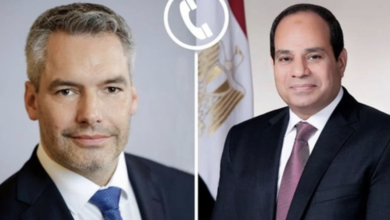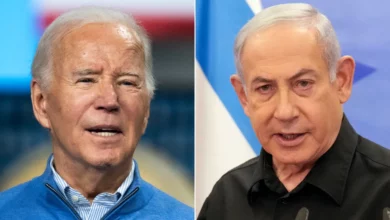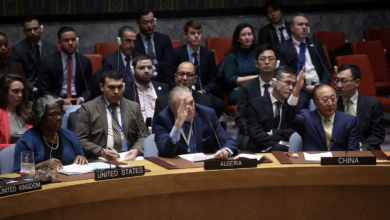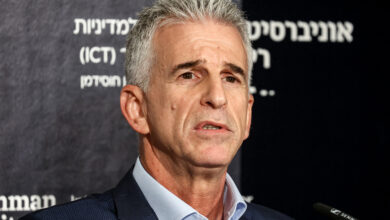
Myanmar President Thein Sein attended the ceremonial signing on Tuesday of a draft ceasefire accord between the government and ethnic rebel groups that is aimed at ending more than 65 years of armed conflict in the country.
The government’s negotiating team, known as the Union Peace Working Committee (UPWC) and the Nationwide Ceasefire Coordination Team (NCCT), which represents 16 ethnic armed groups, are the two parties that formulated the draft agreement, which ethnic representatives will take to the leaders of the rebel groups.
The ceasefire agreement would mark a significant achievement if it is ratified and respected, and allow for political negotiations between the government and ethnic groups that have been fighting for autonomy.
"The signing of the draft accord between the NCCT and UPWC will pave the way for holding political dialogue," Thein Sein said during a brief visit to the Myanmar Peace Centre, an organisation set up by the government to facilitate the peace process.
Myanmar's semi-civilian government, which took power in 2011 after 49 years of military rule, has made ending hostilities with the many groups that have taken up arms since independence in 1948 one of its priorities.
"If everything goes well, the Nationwide Ceasefire Agreement will be signed by top leaders of ethnic armed groups in Naypyitaw in May," said Hla Maung Shwe, a senior adviser from the Myanmar Peace Centre, referring to the country’s capital.
The United Nations called the draft agreement "a historic and significant achievement" and a first step towards larger political negotiations.
"Today's agreement is a signal that new levels of trust, confidence and cooperation are possible between former enemies and that the seeds of change in Myanmar are beginning to sprout," Vijay Nambiar, the UN special adviser on Myanmar, said in a statement.
This week’s meetings were the latest of seven rounds of talks to negotiate the agreement since 2013. The government had targeted reaching a deal before a general election expected to take place in November this year.
Myanmar's authorities have been unsuccessful in meeting previous targets for concluding nationwide peace pacts. Sporadic resurgences of violence and complaints about the military's role in the complex process have hampered progress.
The United Nationalities Federal Council (UNFC), an umbrella organisation representing ethnic armed groups, has said that a meaningful ceasefire cannot be agreed while Myanmar's military continues offensives against ethnic groups.
Thein Sein declared a state of emergency in a region near the Chinese border in February after fierce fighting between the army and the Kokang ethnic Chinese rebel group, which is not part of the peace process.
The United States and other foreign governments that have supported reforms in Myanmar have repeatedly called for progress on the ceasefire.




